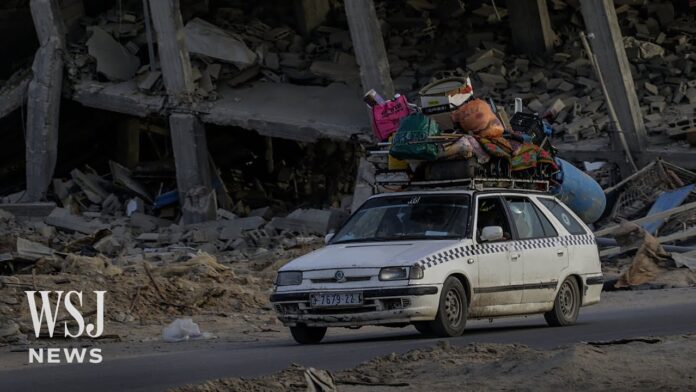Nearly half a million Palestinians flee Rafah amid escalating violence, as UN and international leaders call for restraint and a focus on diplomatic solutions
The United Nations has reported a drastic increase in displacement within the Gaza Strip, with approximately 450,000 Palestinians fleeing Rafah this past week due to ongoing military operations by Israeli forces. The situation has escalated as Israeli tanks have been reported to advance deeper into the southern Gaza city, which had been a shelter for over a million people prior to the conflict’s intensification.
The military action in Rafah is part of a broader Israeli campaign targeting what it describes as terror threats within the region. This includes a new push into northern Gaza areas like Zeitoun and Jabalia, displacing an additional 100,000 residents. The total number of displaced individuals now represents almost a quarter of Gaza’s total population of 2.3 million.
In light of the severe escalation, the Israeli military has instructed civilians in eastern Rafah and Jabalia to evacuate for their own safety ahead of the assaults. This directive comes amidst a backdrop of increasing violence and the highest civilian casualties recorded in recent conflicts, with over 35,170 deaths reported by Gaza’s health ministry in the ongoing conflict.
The United Nations has been vocal about the dire circumstances, with UNRWA officials highlighting the continuous deterioration of living conditions marked by hunger, exhaustion, and fear among the displaced populations. The current wave of displacement has pushed many, including those with severe health conditions, to the brink, with some families seeking refuge as far west as the Mediterranean coast’s beaches.
Analysis:
Political Perspective:
The ongoing conflict in Gaza has drawn international attention, placing significant pressure on political leaders worldwide to advocate for peace and reconsider their strategies towards the Israeli-Palestinian conflict. The extensive displacement and civilian casualties have prompted calls from various governments and international organizations for an immediate ceasefire and reevaluation of military tactics used in densely populated areas.
Sociological Perspective:
The mass displacement from Rafah has not only led to immediate humanitarian concerns but also poses long-term sociological impacts. As families are uprooted, the social fabric of communities is being torn apart, leading to increased vulnerability among the population, including psychological trauma and a breakdown of community support systems.
Economical Perspective:
The conflict has severe economic implications for Gaza, already under considerable strain due to blockades and previous conflicts. The destruction of infrastructure and displacement of a large portion of the workforce will likely exacerbate the economic decline, leading to increased poverty and dependence on international aid.
Local Perspective:
For residents of Rafah and the broader Gaza region, the escalation represents a continuation of the insecurity and instability that has plagued the area. Local responses are constrained by the limited resources and the overwhelming need for basic necessities, which are exacerbated by the closure of key crossings like Rafah and Kerem Shalom, hindering aid and essential supplies.
